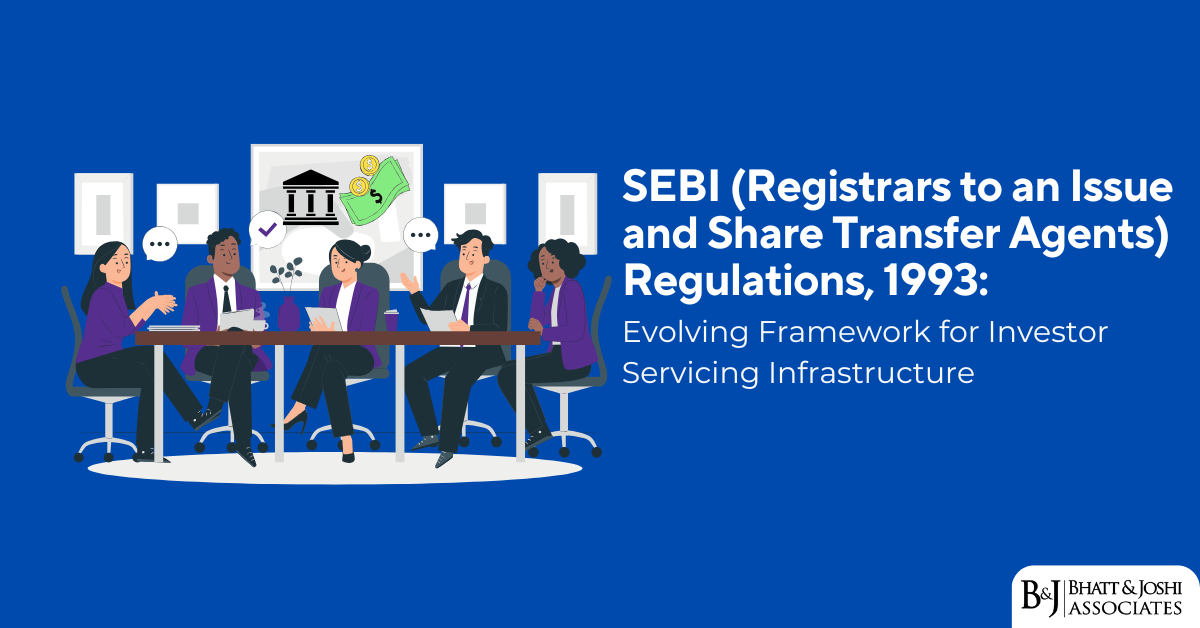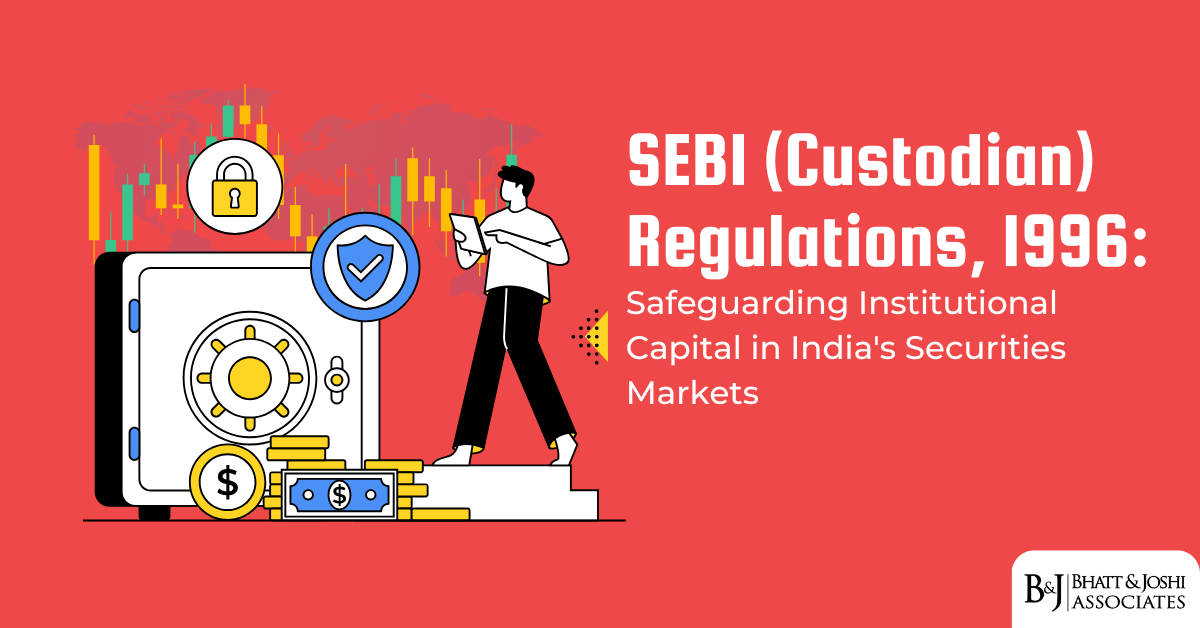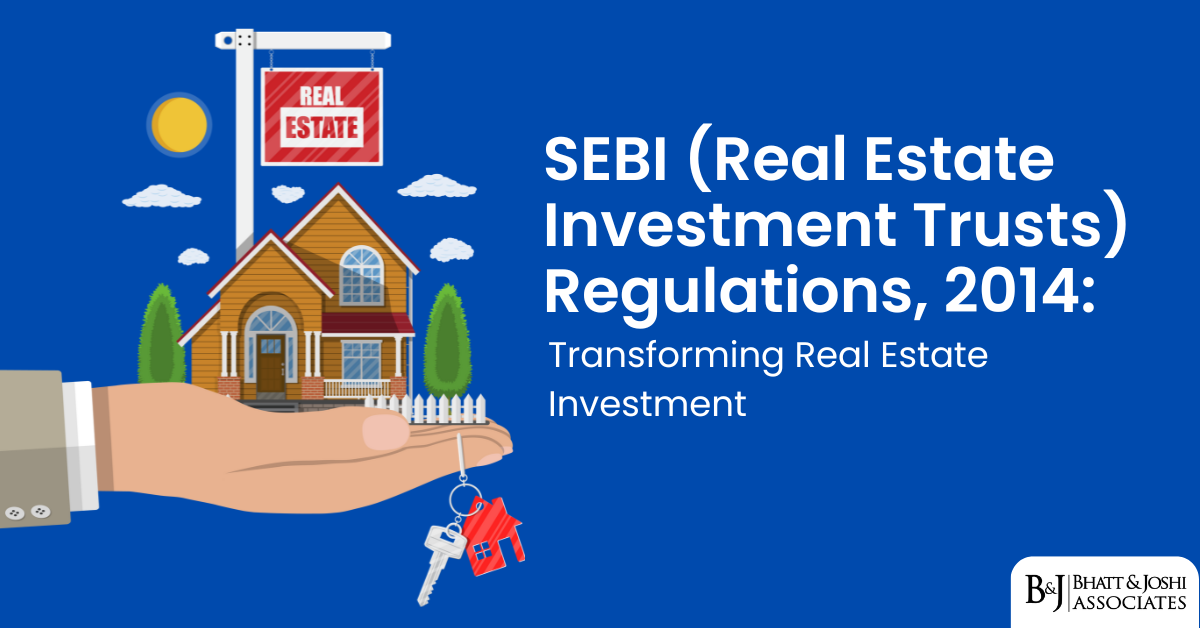Introduction
Navigating the regulations under the Foreign Exchange Management Act, 1999 (FEMA) is crucial for individuals engaging in cross-border financial activities. Non-compliance can lead to penalties and legal complications. This article offers a comprehensive FEMA Compliance Checklist to help individuals avoid common FEMA pitfalls related to unauthorised dealings in foreign exchange, improper reporting of transactions, and non-compliance with Reserve Bank of India (RBI) guidelines.
Understanding Common FEMA Contraventions
FEMA aims to manage the inflow and outflow of foreign exchange to maintain economic stability and facilitate external trade and payments. Common contraventions often arise from a lack of awareness or oversight in adhering to its provisions.
Unauthorised Dealings in Foreign Exchange
One of the primary areas of concern under FEMA is dealing in foreign exchange through unauthorised channels. FEMA mandates that all foreign exchange or foreign security dealings can only be done through an “Authorised Person”, unless specifically permitted.
- An Authorised Person includes authorised dealers, money changers, off-shore banking units, or any other person authorised by the RBI to deal in foreign exchange or foreign securities under Section 10(1) of FEMA.
- Dealing in or transferring any foreign exchange or foreign security to any person other than an authorised person is prohibited.
- Similarly, no individual should make any payment to or for the credit of any person resident outside India, except through an authorised person.
Improper Reporting of Transactions
FEMA requires proper reporting of certain foreign exchange transactions to ensure transparency and compliance. The general principle of accountability is evident. For Non-Governmental Organisations (NGOs) receiving foreign funds, amendments to FEMA prohibit transferring these funds to other NGOs in India, even if the receiving NGO has FCRA registration. Furthermore, any person applying for FCRA registration is required to open an FCRA account as specified in Section 17 and mention its details in their application. This highlights the importance of adhering to specified procedures for financial transactions involving foreign exchange.
Non-Compliance with RBI Guidelines
The RBI plays a crucial role as the regulator and enforcer of FEMA. It issues various guidelines, circulars, and notifications to govern foreign exchange transactions. Non-compliance with these directives is a significant pitfall.
- The RBI has the authority to regulate and manage foreign exchange transactions in India.
- It issues licences to banking institutions to act as Authorised Dealers in the foreign exchange market.
- For certain transactions, prior approval from the RBI may be necessary if they fall outside the general permissions granted.
- NRIs (Non-Resident Indians) must be particularly aware of RBI guidelines regarding the types of bank accounts they can hold (NRO, NRE, FCNR) and the regulations governing remittances and investments. For instance, NRIs cannot hold regular savings bank accounts and face restrictions on investments in small saving schemes like PPF.
A Practical FEMA Compliance Checklist to Avoid Pitfalls
To navigate FEMA regulations effectively and avoid common mistakes, individuals involved in foreign exchange transactions should adhere to the following practical checklist:
Before the Transaction:
- Identify the nature of your transaction: Determine whether it’s a current account transaction (e.g., payments for trade, services, travel, education) or a capital account transaction (e.g., investments in assets). Different rules apply to each.
- Determine your residency status: FEMA applicability often depends on whether you are a person resident in India (staying for more than 182 days in the preceding financial year) or a person resident outside India (e.g., NRIs).
- Ascertain if the transaction requires RBI approval: Familiarise yourself with the general permission route and the prior approval route for drawing foreign exchange. Check if your specific transaction falls under the categories requiring Central Government or RBI permission.
- For NRIs:
- Ensure you have the correct type of bank account (NRO, NRE, or FCNR) as stipulated by RBI. Holding a regular savings account after changing your residency status is a contravention.
- Understand the permissible investment options and restrictions (e.g., no investment in PPF).
- Be aware of regulations regarding the purchase and sale of immovable property in India. While NRIs can buy residential and commercial property, they generally cannot purchase agricultural land, plantations, or farmhouses.
During the Transaction:
- Always transact through authorised persons: Ensure that all buying, selling, or transferring of foreign exchange is conducted through authorised dealers, money changers, or other RBI-authorised entities.
- Provide accurate information to the authorised person: Be transparent about the nature and purpose of your transaction.
After the Transaction:
- Retain proper documentation: Keep records of all foreign exchange transactions, including receipts, invoices, and any permissions obtained.
- For NRIs repatriating funds: Be aware of the limits and conditions for remitting foreign currency back to India or abroad, especially concerning the sale proceeds of immovable assets. Generally, repatriation of up to USD 1 million per financial year is allowed under certain conditions.
- Stay updated on FEMA regulations and RBI guidelines: Regularly check the RBI website and official sources for any amendments, circulars, or notifications related to foreign exchange management. Resources like Taxmann and iPleaders provide analysis of FEMA and related laws.
Seeking Authorised Persons
To ensure compliance, always approach entities authorised by the RBI for your foreign exchange needs. These include:
- Authorised Dealer (AD) Category-I banks: These are the primary banks authorised to deal in all current and capital account transactions.
- Authorised Dealer (AD) Category-II: Includes cooperative banks and other institutions authorised for specific current account transactions and some capital account transactions.
- Full Fledged Money Changers (FFMCs): Primarily authorised to deal in the purchase and sale of foreign currency notes, coins, and traveller’s cheques.
Understanding Reporting Requirements
It’s crucial to understand that authorised persons are responsible for reporting many foreign exchange transactions to the RBI. Individuals should cooperate with authorised persons by providing accurate information required for these reports. For specific transactions or if you are unsure about reporting obligations, consult with an authorised dealer.
Staying Updated on RBI Guidelines
FEMA regulations and RBI guidelines are subject to change. Staying informed is paramount for avoiding contraventions. Regularly visit the official website of the Reserve Bank of India (RBI) and consult reliable sources for updates and clarifications on FEMA provisions.
Consequences of FEMA Contraventions
Failure to comply with FEMA provisions can result in significant penalties.
- Penalties can be up to thrice the sum involved in the contravention or up to ₹2 lakh if the amount is not quantifiable.
- For continuing contraventions, a further penalty of up to ₹5,000 per day may be imposed.
- If the penalty is not paid within the stipulated time, prosecution can also be initiated. While FEMA primarily treats violations as civil offences, non-payment of penalties can lead to further legal action.
Conclusion: Ensuring FEMA Compliance Through a Practical Checklist
Avoiding FEMA pitfalls requires awareness, diligence, and transacting through authorised channels. By understanding the common areas of contravention and adhering to the FEMA compliance checklist provided, individuals can ensure compliance with FEMA regulations and facilitate smooth and penalty-free foreign exchange transactions. Always seek guidance from authorised dealers for specific queries and stay updated on the latest RBI guidelines to navigate the FEMA landscape effectively.
Article by : Aditya Bhatt
Association: Bhatt and Joshi














